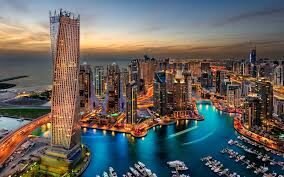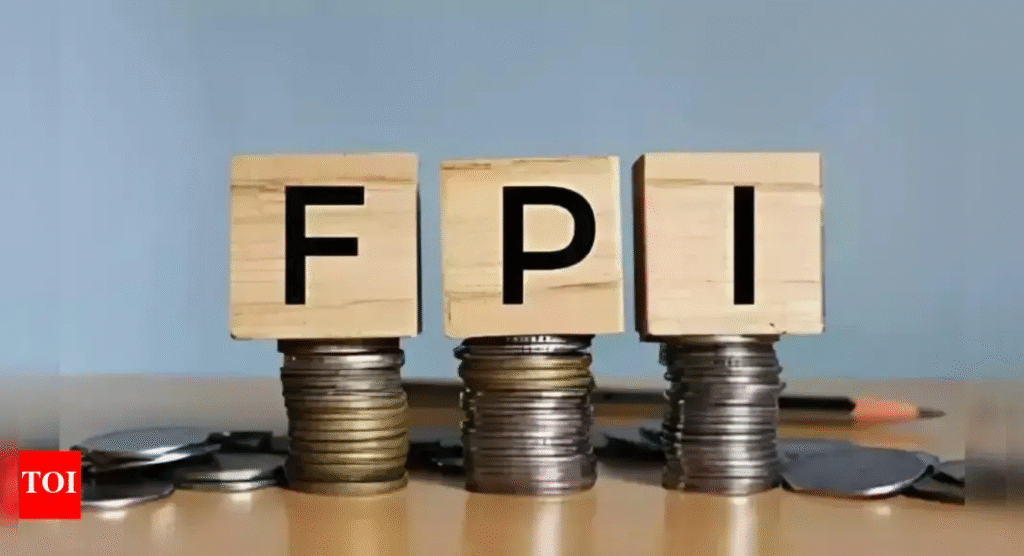
The United Arab Emirates (UAE) real estate market has long been a key attraction for global investors. From luxurious skyscrapers in Dubai to waterfront developments in Abu Dhabi, the sector has consistently evolved to meet the region’s growing demand and changing economic landscape.
As we approach 2025, investors are asking one crucial question: what does the future hold for the UAE real estate market? Whether you’re a seasoned investor or just starting, understanding the upcoming trends, opportunities, and risks is essential.

The UAE’s economy is forecasted to grow steadily in 2025, supported by diversified industries such as tourism, technology, logistics, and renewable energy. The government’s “We the UAE 2031” vision is also pushing for a competitive economy, high-quality infrastructure, and increased foreign investments.
This economic growth directly impacts real estate. With more businesses setting up operations and expats moving in, demand for both commercial and residential properties is expected to increase.
Dubai continues to be the crown jewel of the UAE real estate market. The emirate saw record-breaking property transactions in 2023 and 2024, and analysts predict strong momentum in 2025. The introduction of new visa rules, including the Golden Visa, is making it easier for foreign nationals to invest and stay long-term.
Abu Dhabi is also making waves with its focus on sustainable living, cultural attractions, and mega-developments like Saadiyat Island and Yas Bay. These areas are attracting a new wave of investors looking for long-term growth potential.
As the market matures, certain property types are gaining more attention:
The real estate sector in the UAE is becoming more digitally driven. Smart buildings, AI-powered property management, and virtual property tours are becoming standard. Investors can now use data and analytics to make better decisions, track trends, and even close deals remotely.
In 2025, we can expect more proptech startups to emerge, making real estate investing easier, faster, and safer.
With global climate goals and increased environmental awareness, green buildings are in high demand. The UAE has committed to net-zero emissions by 2050, and real estate plays a big role in this plan. Sustainable developments, energy-efficient buildings, and eco-friendly communities are attracting both investors and tenants.
Properties with green certifications are now considered more valuable and may offer better rental returns in the future.
While the outlook is mostly positive, there are still risks to consider:
Investors are advised to research thoroughly, consult with trusted real estate advisors, and diversify their portfolios to manage risk effectively.

The UAE government has been taking major steps to attract foreign direct investment (FDI). Property ownership laws have become more relaxed, and certain freehold areas are now open to international buyers.
The residency and visa programs, especially for investors, entrepreneurs, and professionals, have also made the country more attractive. These policies are likely to continue in 2025, supporting both population growth and property demand.
Here are some key trends to look out for:
The UAE real estate market in 2025 presents a mix of opportunity and caution. The country’s forward-thinking policies, economic diversification, and openness to global investors make it one of the most attractive real estate markets in the world.
For investors, the key will be to stay updated, focus on high-potential areas, and work with experienced professionals. Whether you’re looking for high-end luxury or long-term rental income, the UAE is poised to deliver strong returns in the coming year.
Read More:- Shobha Realty Launches Its Most Luxurious Project Yet—Full Details Inside 2025
